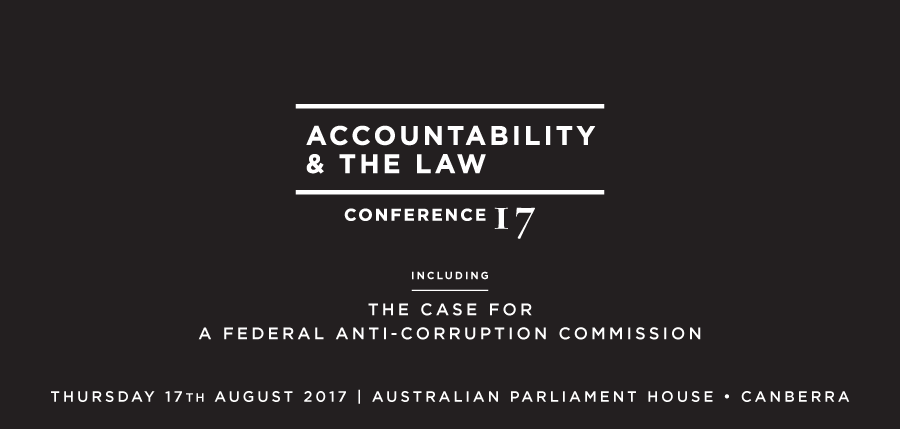Economic bandits
Get the book via gameofmates.com
A string of successful Game of Mates speaking events has happened recently -- in Kuranda, Sydney, Canberra, and Melbourne. I can't take all the credit. But, James, our bandit in the Game of Mates, can. He has been extremely active all across the land and people are starting to notice.
One issue that has repeatedly come up at these events is the rise of 'strategic representation' of the economic benefits of major projects in planning applications. For example, a land subdivision proposal might include plans for a new university campus, eco-tourism facilities, and more, in order to be able to claim the project will generate billions of dollars of economic benefits to the region. But the reality is often that these additional facilities are completely infeasible and will never happen. They are just included in the application to beef up the claimed merits of the project, for there is no obligation from the approval to follow through with the full extent of the proposal.
The same happens with applications for new mines. Miners often propose unrealistically high volumes of production to be able to exaggerate the scale and intensity of investment in the local area, along with inflated estimates of royalty revenues to State governments.
One solution to this problem is to make planning approvals an obligation, not an option. At present, miners are granted a right to mine up to a particular volume of minerals or energy resources, but with no obligation to do so. Instead, approvals could carry the obligation to deliver what was proposed within a reasonable timeframe or pay penalties and risk losing the option to ask for future approvals.
In the ACT, when land is sold to private developers for a particular purpose, like a residential apartment complex, they must deliver a development that complies within two years or face penalties, including the possibility of the land reverting back to public ownership.
In mining, to determine whether a proposal is exaggerated, rules that oblige application to pay their estimated royalties up front could be enacted, perhaps with a discount. If the project seems feasible, banks and other financiers would be willing to lend this amount to cover the royalties. If the project is unviable and exaggerated, no one will be will to be part of this financing effort.
The solutions are clear once we understand the core economic issues at play.
In other news, on 12th August I will be attending 'Love Your Bookshop Day' at Avid Reader in West End (Brisbane), so please come along to that event if you can.Bullshit economic assessments par for the course in Australia (more politely, it’s just “strategic assessment”) https://t.co/FuE2mlI5RI— Cameron Murray (@DrCameronMurray) August 2, 2017
Lastly, I will be a keynote speaker at The Australia Institute's Accountability and Law Conference in Canberra on 17th August. There is a group of very esteemed legal experts attending, as well as political representatives. All in all, it should be a very interesting event. The event website is here.



